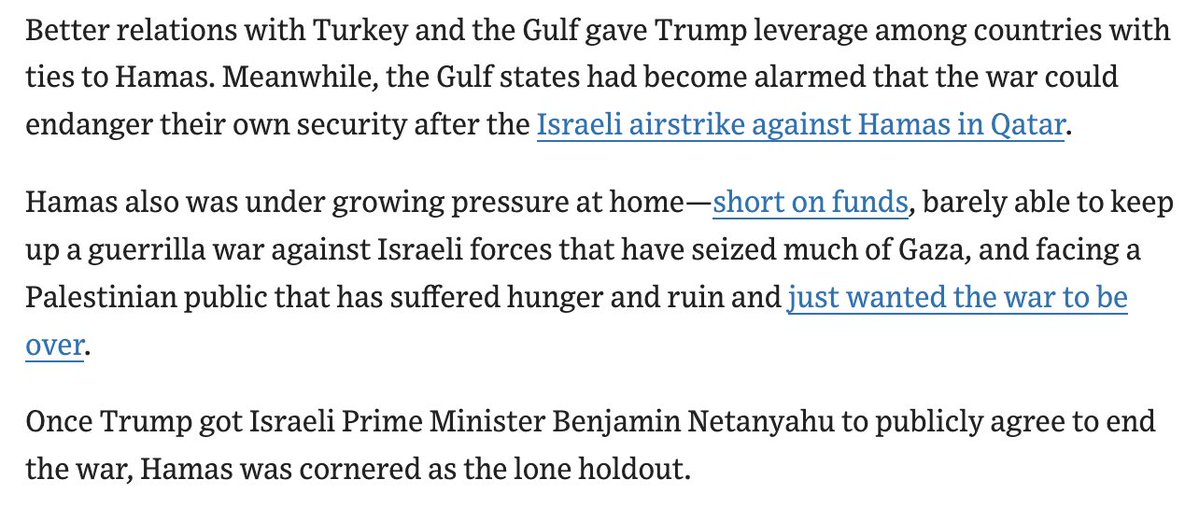Both Russia and Belarus have now opposition leaders in exile.
https://twitter.com/gullivercragg/status/1303200312644243456
The fight of the ruling classes against dissent and democracy has reached a new stage.
In Belarus the reason is obvious, but it seems as if the Kremlin also sees the protest as a glimpse into a potential future and is hardening its attitude towards dissent.
As a consequence, the empire is likely to become more fragile.
• • •
Missing some Tweet in this thread? You can try to
force a refresh









